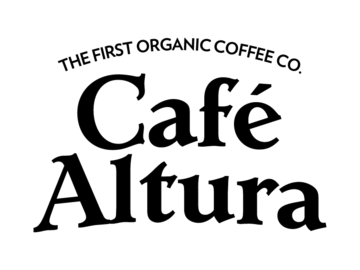
Direct Trade
There are many different ways that roasters seek to source and trade for the best quality beans and compensate producers fairly. From Fair Trade certification to Certified Organic and others, organizations have formed around the idea that mutually beneficial trade relationships based on environmental impact and fair compensation, in addition to product quality, are inherently the most sustainable ones. One way of trying to achieve this aim of high quality, sustainability, and ethical compensation is through what’s called direct trade.
Though not a formalized term regulated by any agency or organization, direct trade is a method many roasters and sellers use in their attempts toward bringing the very best quality beans, with a traceable supply chain, to their customers. It’s a business practice pioneered by Third Wave roasters like Intelligensia and others in which importers and exporters are bypassed. Roasters buy straight at the source and the resulting business relationship is, as the name would suggest, more direct. Since it’s not a formal certification like others, direct trade can look a bit different in different cases. In almost all iterations, direct trade involves sellers purchasing beans directly from growers.
When this system works, it can mean more money gets directly into the hands of bean growers. It also means that roasters and sellers can have even more certainty about the origins of their products. Buying directly from producers means they can know everything about the product their getting and the conditions under which it’s grown to a degree that’s simply not possible otherwise. Under direct trade, rates are often associated with blind tasting scores. This process rewards growers for producing the most delicious products and can incentivize producers to differentiate themselves from the competition by trying new things.
The direct trade model holds some advantages over conventional certification groups since the entire system is based upon a direct relationship between sellers and growers. When this is done ethically, growers can earn rates that even exceed the benefits they might get through a Fair Trade organization. And buyers get to agree to specific growing conditions with producers, ensuring that the product they end up is completely traceable and produced to their specific standards.
With direct trade, coffee purchasing becomes more than just a decision made on spreadsheets alone without context. Producers are rewarded for their quality and are better able to tell the story about what makes their beans worth the price. By being removed from the traditional marketplace, direct trade becomes more based on the kinds interpersonal relationships and trust that are better able to value longer-term things like ecological and social impact in a way that traditional commodity trading simply can’t.
The downside of direct trade comes from its unregulated nature. Since there doesn’t currently exist a direct trade certification program, it’s up to individual buyers and producers to carry out their arrangements as they see fit. Since the system requires a lot of effort on the part of both parties, it typically keeps out bad actors but not entirely. Direct trade isn’t a protected term, which opens it up to possible abuse. Some buyers may be purchasing directly from producers, but not at rates or to standards that are in keeping with the spirit of the direct trade movement.
Though it’s not without its difficulties, we think that direct trade has the potential to make up an important part of coffee’s sustainable future. Direct trade is an inherently transparent system and it allows buyers to make fully informed decisions about the kinds of business practices they are supporting. This certainty over the provenance of the beans that are being sourced can be relayed to customers, leading to them being able to feel confident that their money is being well spent.
Ultimately, it relies on roasters doing their due diligence and acting fairly with their dealings with producers. It’s certainly a challenge, but we think it’s one that’s well worth it for the quality, sustainability, and economic benefits it can bring.
